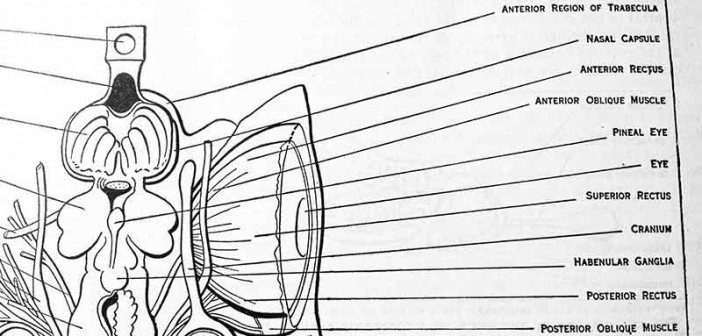As a writer, I have a notepad in my head and I am often writing long sentences or jotting down references to things I can use later. Any passage that is moving or wildly amusing, I tend to repeat a few times. And. . . a writerly dream. . . there is neither punctuation nor editing. If I’m working on an article, I cannot stop this brain-writing, almost to the point where it drives me a little crazy. Sometimes I have to put the imaginary pen down and push aside the pad. The light switch needs to be turned off; it’s too exhausting. So, if you see me at a baseball game, I’m probably just enjoying the game – well, almost.
I always appreciate the breaks between projects because I can give my poor head a rest. I do not know if this is normal, but as a writer it’s how I think.
Observation is essential insofar as everything around me, minutia most people wouldn’t even notice, can be filed away in one of my manila files. In the details are the stories. Yesterday, running in and out of stores while doing errands, I noticed a college girl crying her eyes out in a Henrico County café, and it didn’t look like she was crying because she was in trouble for bad grades; the older woman sitting with her must have been talking about something serious like divorce or cancer or a car wreck. So, I wonder: Why is she crying? And I look away. I see an older woman in the parking lot at Kroger; her head is wrapped in a silk scarf, Grace Kelly style, her feet in sandals (with socks) and the sandals aren’t buckled. The unbuckled shoes really catch my attention. And they scare me. On the roadway a red and white sweet roll tube bounces by; I don’t think about this falling out of a trash truck. I think about who ate the sweet rolls last Sunday morning: I think it was a middle-aged man who made brunch for his elderly mother. He hasn’t seen her for awhile because she’s a bit of a nag actually. “When are you getting married again?” she always says. Or “Don’t have two pieces. You’re getting fat!”
On the way home, I see a limping solicitor in my neighborhood. This is the item I write down and put in my file. You never know when a limping solicitor may come in handy.
What I love about writing is the small and inconsequential can end up being key or in non-fiction, crucial. It’s the last few statements made by an interview as you’re putting on your coat and heading out the door. Sort of the afterglow when everyone is relaxed and trusting and maybe he has figured out you’re not going to make a fool of him in print or get anyone in trouble. When the interviewee says, “I want you to meet my brother. He can tell you the story better than I can,” or “I do kind of regret moving to Savannah,” you have succeeded.
So, for the most part, every day I am writing sentences in my head and noticing the little cross-stitches of life. I am never bored.
For my husband, an actor and director in his spare time, the world in his head is very different. It’s crowded. He has a brain script and he goes over and over the lines; he not only does this in the theater, he does this in his professional life which is why he loves public speaking. He hashes out everything perfectly before he makes any presentation or has a major conversation with anyone. He did this as a child and admits choosing theater in college seemed a good idea; it was more of what he was doing anyway in his head already so he might as well get paid for it. For a role he knows his lines and most of the lines of the characters around him so he imagines a group doing scenes, each person reciting. (This makes me nervous even thinking about it.) I can tell when he’s rehearsing because he cocks his head to one side and his eyes glaze over. I call this “talking to his friends.” (A family trait and joke. My sister-in-law gave him a t-shirt years ago which says “Don’t talk to me when I’m busy talking to myself” on front. He wears it all the time around the house and usually when he’s not in the best mood.)
When acting, the conversations in his head help him build his part. By the time he goes on stage, everything is muscle memory; he is on auto-pilot. Just as a tennis player doesn’t have to think too much about whether to hit a forehand or backhand, he doesn’t have to think too much about what he’s doing on stage. That’s why it looks effortless.
So, we are a pair. I cannot imagine having all those people in my head. What a loud mess! It sounds like a family gathering where you’re having fun but you wish some of the relatives would leave a little early so you can visit with the younger set or even better, prop up your feet. He would probably find my head quiet, dull – perhaps a little sad. I mean who cares about limps, crying, who eats the coffee cake, and unbuckled sandals? Surely, I have better things to do with my time.



